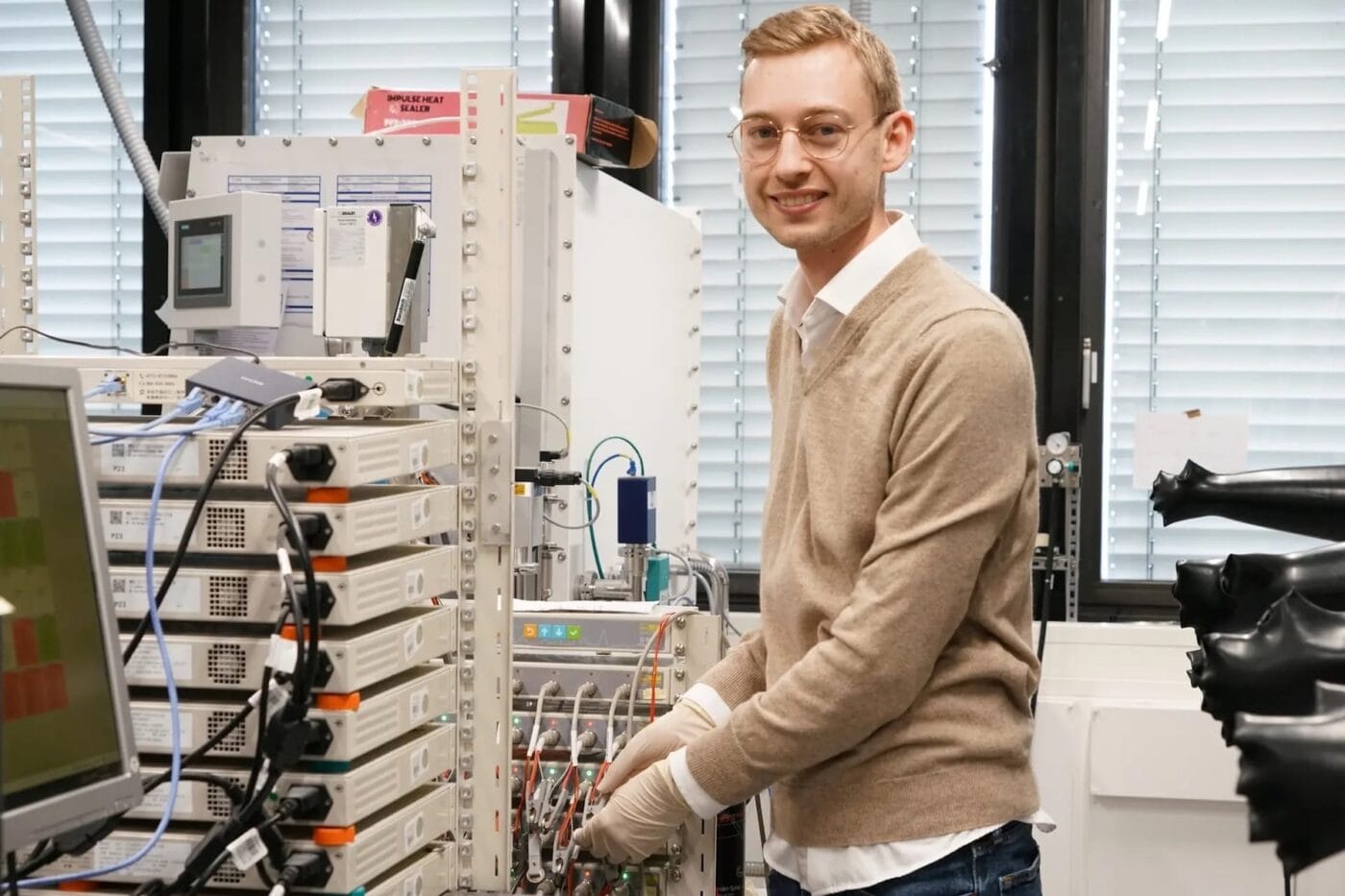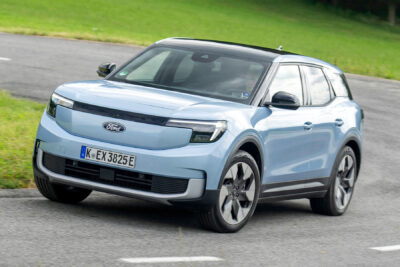Dendrites also grow inside solid-state batteries
Dendrites are a problematic phenomenon that limits battery safety: they are tiny, needle-like metal structures made of lithium. They can grow uncontrollably inside the battery and cause devastating short circuits. Until now, it has been common sense in the industry that the use of solid electrolytes, such as those used in promising lithium metal solid-state batteries, is a good way to suppress the growth of dendrites.
These solid electrolytes also include polymer-based electrolytes. These are manufactured on a plastic basis and perform the same task in batteries as liquid electrolytes: they transport lithium ions between the anode and cathode so that current can flow.
However, in so-called nanofocus wide-angle X-ray scattering experiments conducted by the TU Munich team at the German Electron Synchrotron DESY in Hamburg, it was found that dendrites can also form in the middle of solid polymer electrolytes. This is a material that is actually supposed to protect against dendrites, as physicist Fabian Apfelbeck, lead author of the study published in the journal Nature Communications, explains.
This observation calls into question a central assumption in battery research, as Prof. Peter Müller-Buschbaum from the Chair of Functional Materials at the Technical University of Munich explains: “Until now, it was assumed that dendrite growth occurs only at the interface between electrode and electrolyte. The fact that it also appears far away from that interface surprised us. This new knowledge helps us develop — and further improve — materials in which such internal crystallization processes do not occur in the first place — enabling more efficient, safer, and longer-lasting energy storage.”
This is because the observation of dendrite growth in solid electrolytes presents a key challenge for the industry: the discovery shows that solid-state batteries are not automatically safe from short circuits despite their solid electrolytes. Developers must therefore rethink materials, structure and testing methods in order to build truly stable and safe next-generation batteries.
This article was first published by Florian Treiß for electrive’s German edition.





0 Comments